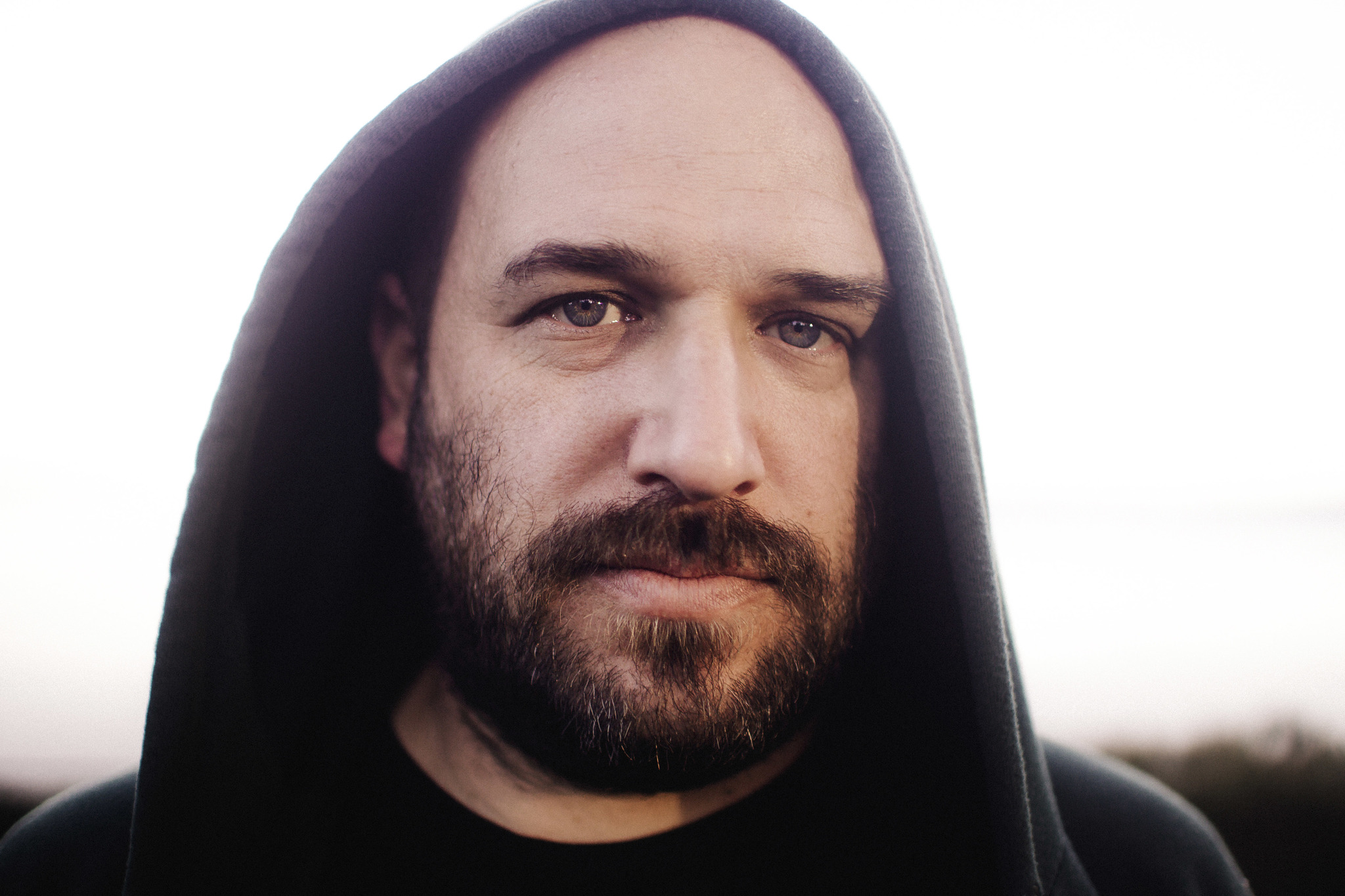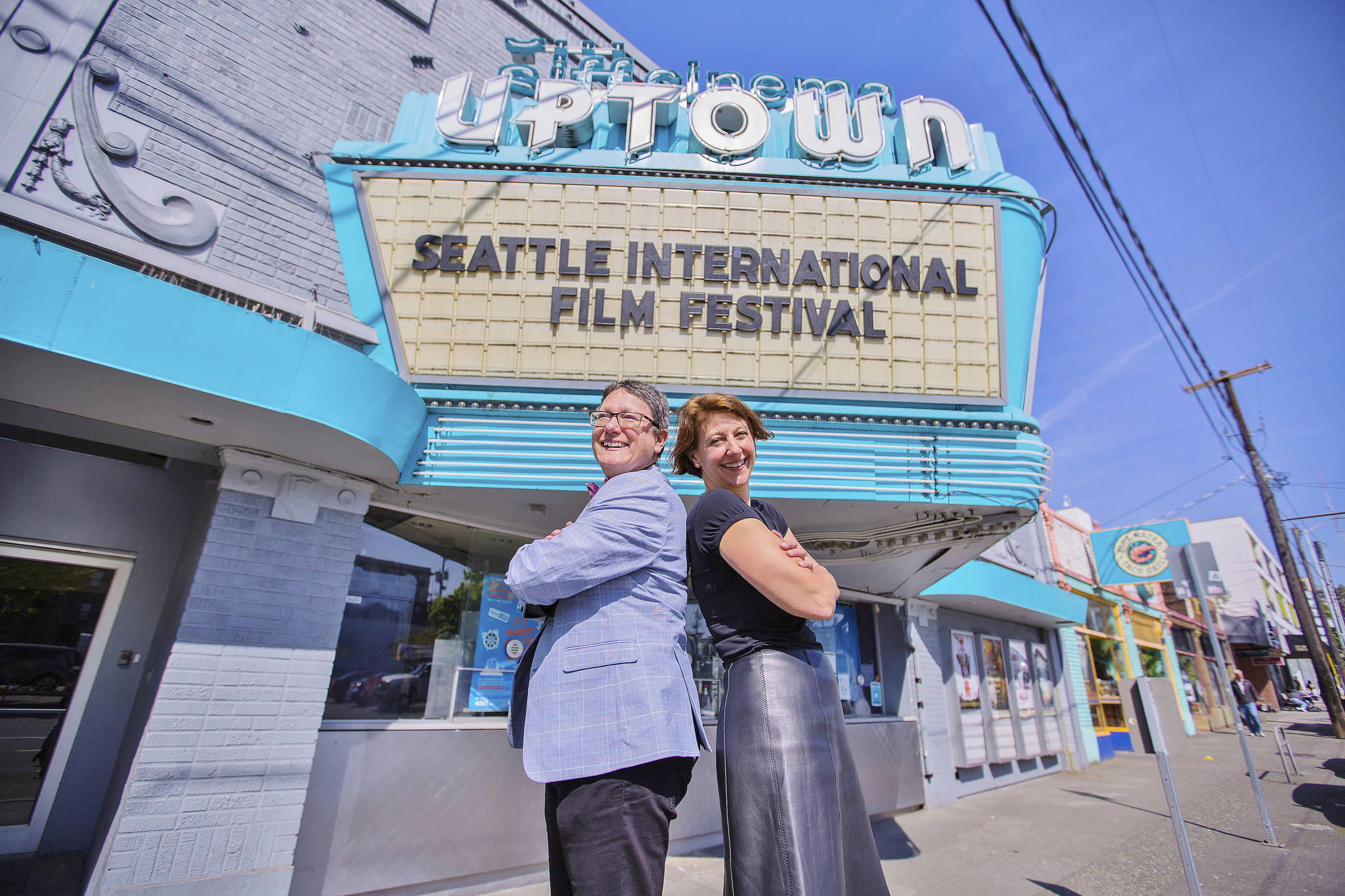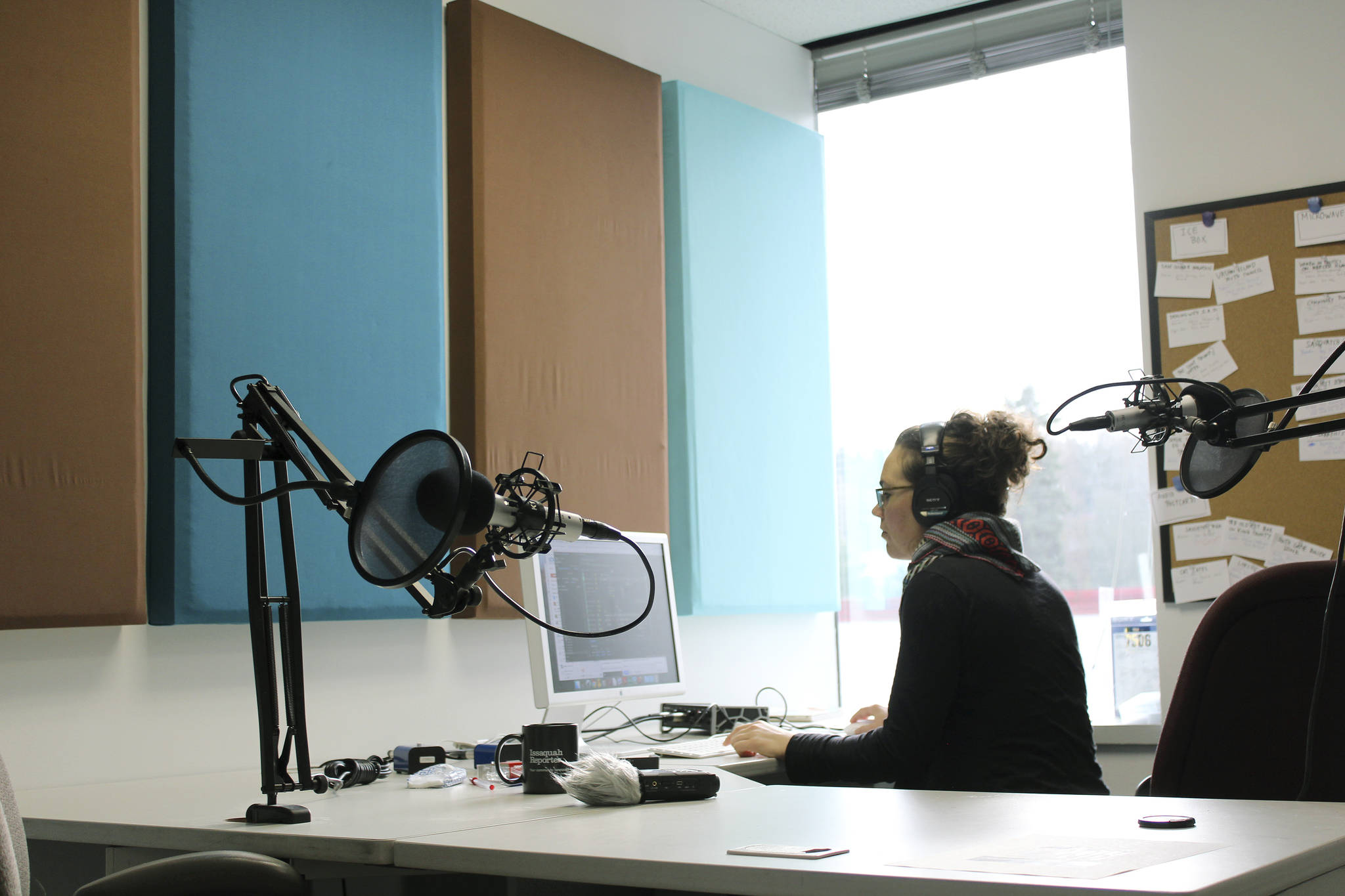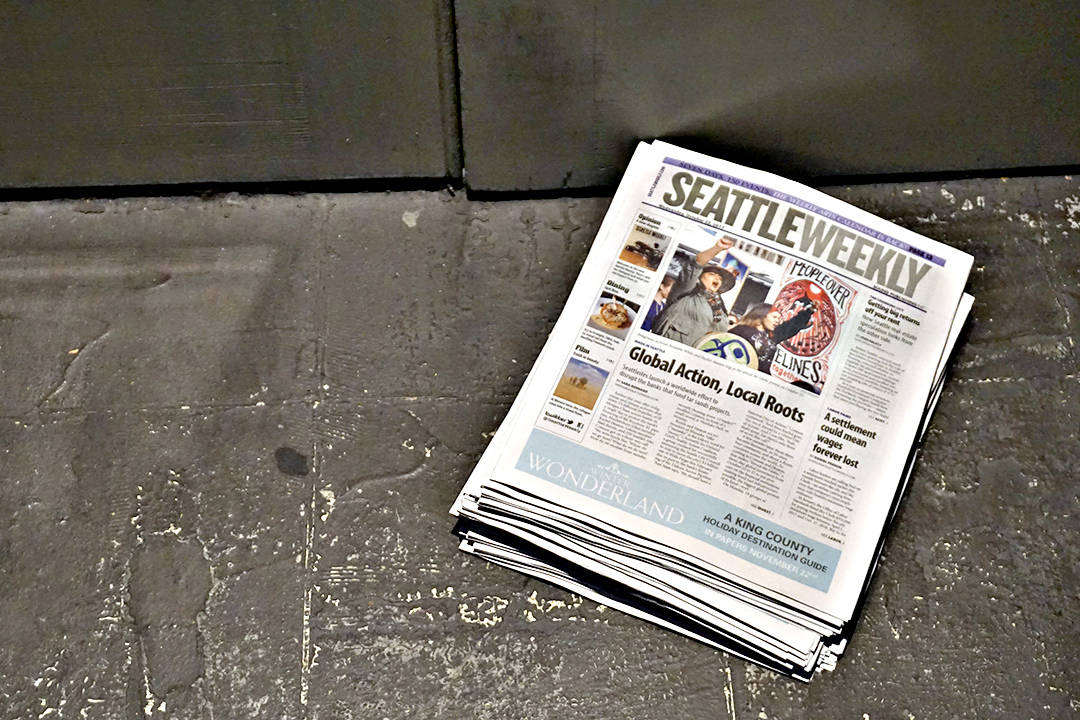In the months after the release of his 2011 album Strange Negotiations, David Bazan was feeling stressed. It seems, in retrospect, only natural. The album, after all, was a bookend, along with Curse Your Branches—released a year and a half earlier—to a whirlwind of personal transformation and public revelation, during which the Seattle songwriter had divorced himself from the faith upon which he based his life and built a career.
There were other pressures at play as well, pressures that his fanbase could not see. Finances were tight, the songwriter having borrowed money from his parents to release the album and mount a full band tour to support it. The album was receiving critical acclaim and the four-piece band he had constructed to perform the songs was a tight unit of trusted confidants playing to oft-packed clubs across the country. But the leader knew, in his bones, that it wasn’t sustainable. Then his father got into a car accident.
“He was fine,” Bazan recalls now, “but it just made me realize, ‘Oh my god, what am I doing.’ I’m away from my wife and my kids so much, I miss them terribly, and then the guys I was touring with were great in a lot of ways, but it wasn’t the right thing and I think—I don’t know how to describe it because I don’t want to say anything negative about them, because they are wonderful folks—but it was like, ‘Oh, what everyone here thinks this is, is not okay.’ “
On top of all of this, Bazan came to the sobering realization that, at the artistic and popular height of his 15-year career, he just wasn’t having fun anymore.
“The air went out of it for me,” he says, sitting in the Seattle Weekly offices on a sunny May afternoon a few weeks following the release of Blanco, his first album of original material since Strange Negotiations. “It’s just that I wasn’t cultivating that part. I was doing the work part, but I wasn’t finding the fun. I had to actively figure out what was fun to do and make that my job.”
The realization was easier to arrive at than was a solution. Bazan had become accustom to a certain pattern when making his music. In the studio, often alone or with just a single collaborator or producer, he would craft his songs with a vision of how they would be performed live. He liked to picture himself playing with a full band, in particular he liked to think of how it would sound at the Bowery Ballroom in New York. If he could picture that performance in his head, he could move forward with the song. But after Strange Negotiations, he could no longer imagine what that show would sound like. In his practice space he would shift between his three primary instruments—guitar, drums, and keyboard—moving in restless circles as he attempted to build on fragments, often just searching for the generative scrap of an idea that in years previous would eventually blossom into the kind of full, finely articulated songs he had become known for. In the three years that followed the release of Strange Negotiations, he would only manage to write a single song.
“There was nothing but vapor when I thought about what live was going to be like, or what the record was going to sound like,” he says. “I didn’t know.”
Bazan did keep busy, though. In 2012, he oversaw the remastering and reissue of the entire catalogue for Pedro the Lion, the Christian-leaning indie act that he founded in 1995 and that had brought him a rabid fanbase of God-fearing kids and college rock fans. Two years later he released an album of some of those old songs, rerecorded with the Passenger String Quartet. He also played bass in a side project called Overseas and even raised a little hell, pulling his music off of Spotify in 2012 to protest what he believed to be the devaluation of music by such streaming services. He was frustrated at how lagging album sales ate away at the income of recording artists, including his own.
Bazan toured a lot to pay the bills, logging 300 dates with a full band for that first year and an average of 185 in every year following. The vast majority of those dates were executed with thrift in mind, performances taking place in the living rooms and basements of fans across the country where Bazan, and sometimes a collaborator, would play his songs on whatever gear he could pack into his car. Between shows he would spend hours in his car alone, listening to podcasts and books on tape to pass the time, sometimes humming a melody or delivering a lyric into the voice memo recorder on his phone. Somewhere along the way, another idea began to germinate.
“I realized that I had stopped listening to music for pleasure,” he says. “I started to realize that I don’t even know what my tastes are. And I needed to find out. I needed to create a relationship with music as a consumer again.”
And so, in 2013, Bazan began to listen. At first he reached back to the music that inspired him when he was a younger songwriter, when he was first discovering the beauty of harmony in the Beatles and Bach and church music, as well as the dissonance of Fugazi. In his rekindling, he rediscovered “By You,” off of the D.C. punk band’s Red Medicine album.
“There is a way that the guitars interact in that song against the groove of the bass and the drums that just, when I was drinking a lot, it made me just want to get blacked out,” he says. “It just, it really tickled that part of my brain.”
He found that same marriage of dissonance and harmony in albums by Deerhoof and in newer bands like Viet Cong (now known as Preoccupations). He also revisited a flirtation with Tender Buttons by the British electronic act Broadcast and fell hard.
“When I first heard it, I thought, I love this, but I can’t relate to it,” he says. “Now Broadcast is maybe the band that I would ape outright if I could physically do it, but I don’t think I could.”
These inspirations began to mix with a greater understanding of the songwriter’s own musical history. In 2012, as he pored over the Pedro the Lion back catalog during remastering sessions, he found himself drawn to the first Pedro full-length, It’s Hard to Find a Friend. To him it sounded different, better than the rest.
“There’s this sophistication on that record that didn’t make it onto any other Pedro record,” he says. “In my mind it was because I didn’t know what I was doing when I made It’s Hard to Find a Friend and I thought I knew what I was doing when I was making all the other ones.”
On that record he heard vulnerability and naivete, two aspects that fade from later Pedro records and are completely absent from the solo material that he began releasing after the dissolution of Pedro in 2006. In their place came a cultivated honesty that explored the depths of human depravity—including his own—and the bitter ironies of faith and faithfulness, set to finely produced instrumentals—largely guitar based—that convey despair and anger through an undeniable beauty. Those albums are exhilarating, the music masterfully manipulative. The power of that sound was not by accident.
“I waited six months for a third verse for the song ‘Hard to Be,’ ” Bazan says, recalling the track that opens Curse Your Branches, and marks the singer’s rejection of his lifelong faith in no uncertain terms. “I probably spent 40 hours over the course of the next six months, 15 minutes at a time, writing down bad lyrics for that verse. But that is because that record is a sort of logical proof of sorts. It’s not actually, but it functioned that way in my head. If I had the opportunity to have the knife twist one more time, I wanted to do it.”
But by the end of Strange Negotiations, the knife was no longer necessary, his victim long since deceased. He was left listening to an album that he had released when he was 22 years old, wondering how he could get back to that place.
Bazan also needed to find a way to make more money, to alleviate his touring demands and allow himself to spend more time with his family. And so, eighteen months after changing the way he listened to music, Bazan decided to undertake what was, for him, a radical experiment in the way he made music. Instead of suffering over an album’s worth of material in private before releasing it to the public, he would open up his process for a public willing to pay for the results. In August of 2014, a message appeared on his website.
“We’re trying something new,” it read. “We’re calling it Bazan Monthly: Two New Songs on the 1st of every month for the next five months.”
With the deadline for the paid subscription hanging over his head, Bazan began to finally make music again. In so doing, he started to flex newfound muscles as the process forced him to change the tools he used to make his music. He slimmed his instrumental arsenal down to a few component parts that he could work with quietly in the spare 130-square-foot bedroom in his basement: a few synthesizers, some drum machines, and a laptop computer loaded with samples. He also changed his approach to songwriting. There was little time to worry about how these songs would translate to a full band, much less imagine what they might sound like when played at the Bowery.
“The deadline molded everything to its will,” he says. “I didn’t have a chance to know what was there on the disc when I sent it out; people were hearing it for the first time when I was taking my break from it for six hours. And then I would go back and listen to it for the first time myself and say, ‘Oh shit, that’s what’s happening on this thing.’ “
On the first of each month, the songs were delivered, in digital form and as seven-inch singles, to a fan base hungry for new material. They were essentially demos, emboldened by production help from collaborator Yuuki Matthews. Critics and journalists, not quite sure what to make of the experiment, stayed largely silent. But fans loved the new material, and, most importantly, Bazan was happy with it. Happy enough that he decided to extend the experiment into a second volume. By May of 2015 he had 20 new songs to play in living rooms across the country. And when it came time to release another full-length, he decided, with some reluctance, that the experiment was successful enough to hold up an album.
“It was a really tense decision for me, because there is the sense that you are selling songs twice,” he says. “But in the end I thought this period of writing needs the life of an album. I mean, I’m here talking to you because we did that. We could have done that with a set of new songs, but I could picture myself at shows, after someone says, ‘I love the new record,’ saying, ‘Have you heard the Bazan Monthlies.’ Cause I love those songs so much. I would feel jealous for them. In the end I think that’s what made me decide to do it.”
Bazan and Matthews worked together to whittle the collection down to 10 songs and then Bazan delivered Blanco to Barsuk Records, the Seattle label that had released his previous two full-lengths and had waited patiently as the artist underwent his five-year metamorphosis.
How Blanco will be judged in the long run is not yet clear. Musically, the songs are a radical departure from Curse Your Branches and Strange Negotiations, which in the years since their releases have only solidified a place in the hearts and minds of his listeners. The drum machine is insistent throughout Blanco, the automated track telegraphing the mood—mostly mid-tempo morose here—as synthesized arpeggios unfurl and even-handed melodies and glissandos escape what sounds like a bank keyboard. At times, the songs can sound thin and clumsy in comparison to the matured sound of his other solo releases. Yet, Bazan’s empathic croon and lyrical genius remains intact. The honesty is still here, the devastating lyricism, and the sense that the songwriter is grappling with something innately human. The target of these songs, though, is not in the heavens—God has pretty much left the building. Rather, the songs on Blanco tangle with the everyday battles being waged in its creator’s head, a drama in miniature that nicely mirrors the relative smallness of the sound.
Overall, it is an understated transitionary album, one that could easy get lost in the shadow of its predecessors—or perhaps what follows. Bazan, though, says he isn’t thinking much about Blanco’s place in his career. He is just thankful that he was able to make it. He has no immediate plans to continue the Monthlies, but he is hooked on the public deadlines that helped get him back on track. His next is this fall, by which time he will finish recording another full-length album that will come out in the beginning of 2017. He adds that he plans to release an album every year following.
“From now on, my goal is to just put a record out on January 22 of every single year, which is my birthday; that sort of being a public deadline,” he says. “If the record doesn’t come out in January, then people know that we fucked up or that something is wrong.”
At 40, it seems, Bazan has found a new path. He says he is drinking less and last August started smoking pot, a past-time that he says has changed his life for the better. While he is still touring a lot—including a 50-date summer tour to promote Blanco—he says he feels more connected to his home life. He is also going to other artist’s concerts with fresh ears, experiencing them like he did when he was in high school, he says. And he is excited at the prospect of creating songs that are less cultivated and more expressive. Five years after the beginning of what could well have been a career-ending crisis, he is having fun, and he wants to have more.
“I might feel that that other process is valid again at some point,” he says, “but for now the free and easy—that’s not the way to say it; it’s hard fucking work—but I’m not as precious, that’s the way to say it. I was forced to not be as precious and I liked it, I liked how it tasted.” With Lemolo. Neptune Theatre, 1303 NE 45th St., 682-1414. $18.50, 9 p.m., all ages. Friday, June 10.
mbaumgarten@seattleweekly.com









